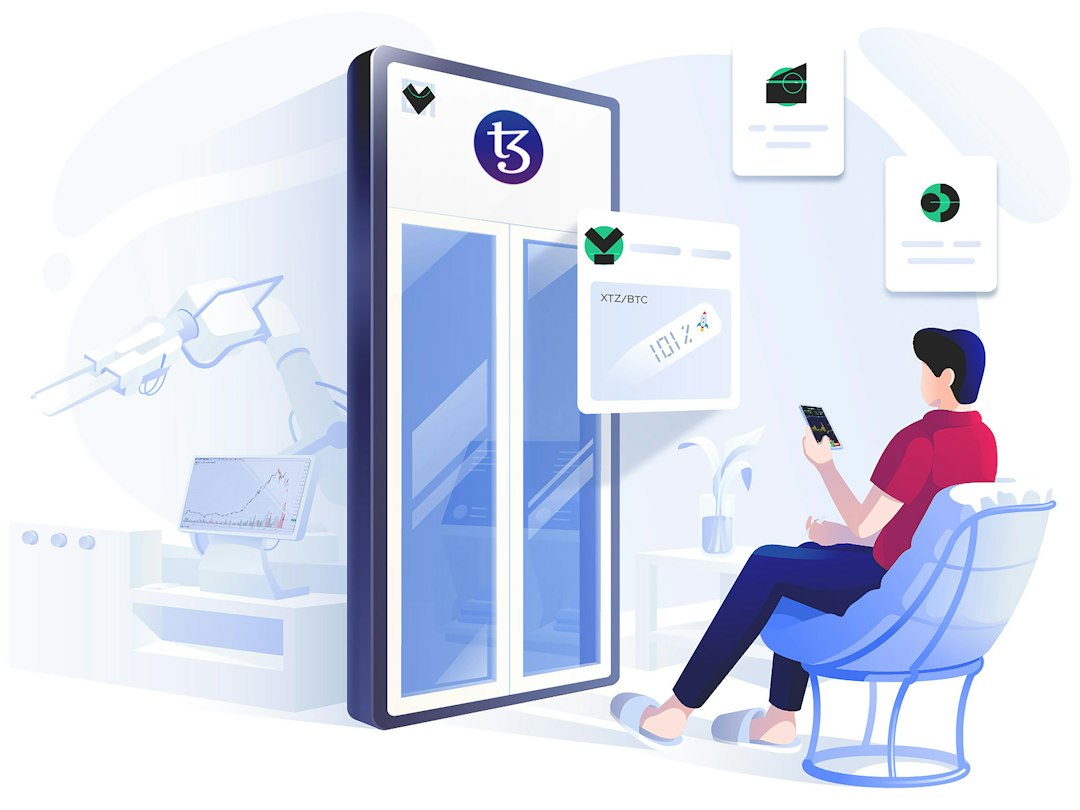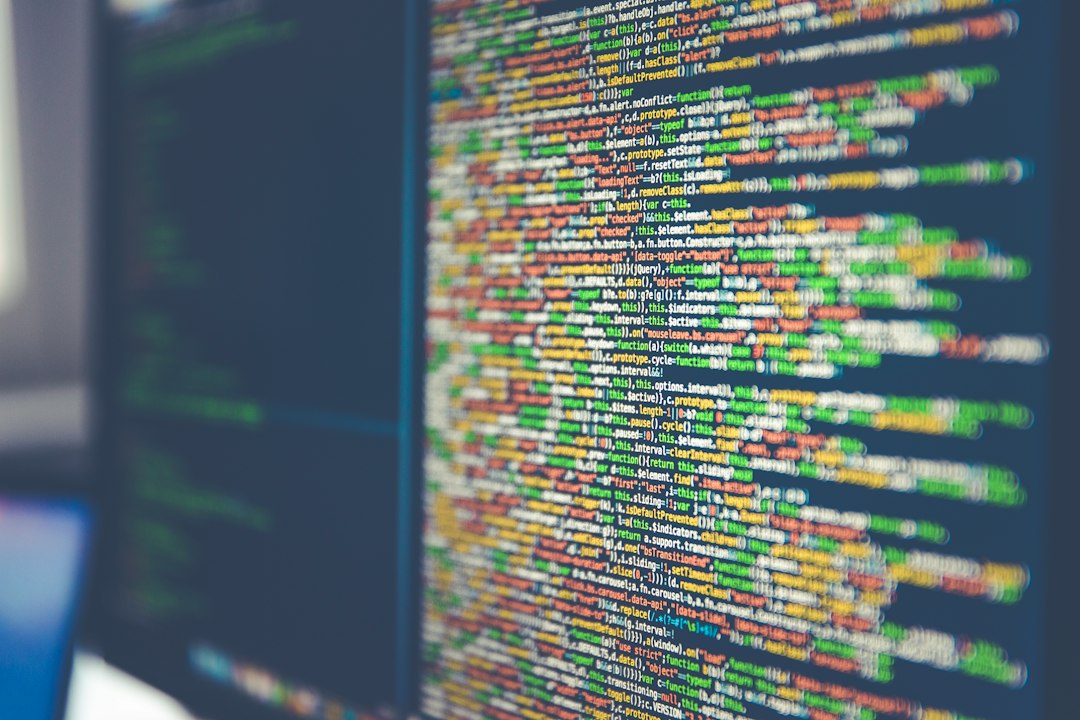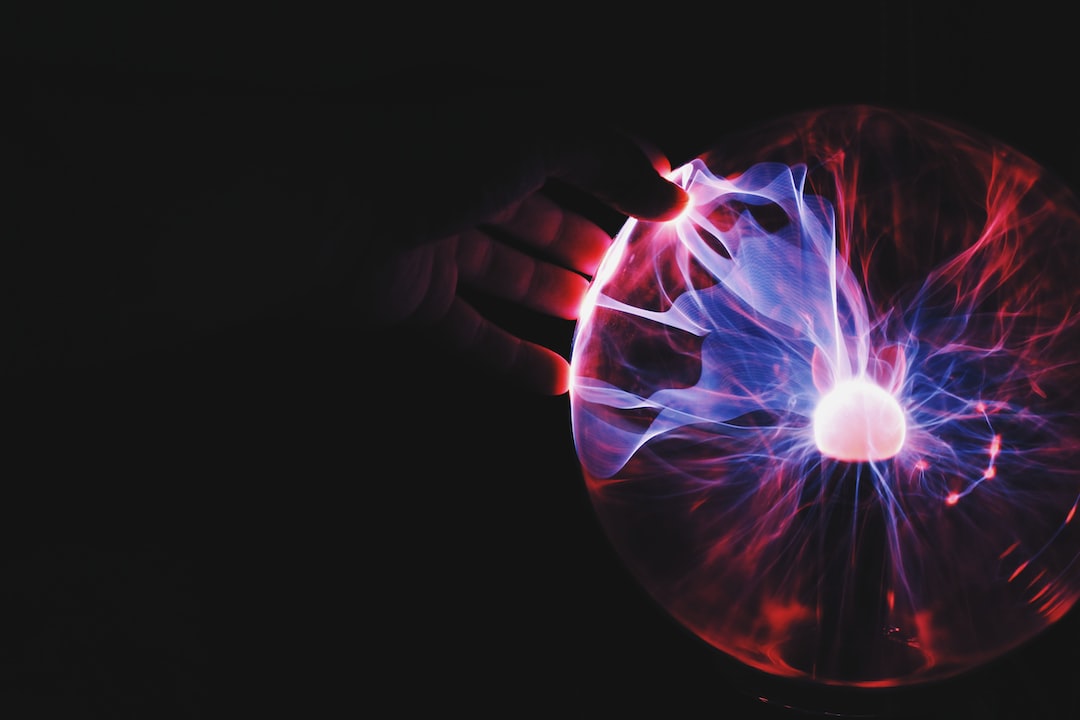Google Vows to Protect Users of Its Generative AI Products from Copyright Violations
Google is facing legal challenges as the implications of generative artificial intelligence (AI) on copyright and privacy rights become clearer. In response, Google has pledged to shield users of its generative AI products from accusations of copyright violations. However, this protection only applies to seven specified products and notably excludes Google’s Bard search tool. This move raises questions about accountability, the protection of creative rights, and the growing field of AI.
The Legal Debate Surrounding Generative AI
The rise of generative AI has sparked debates about whether the data used to train AI models and the output generated by them violate intellectual property (IP) rights. Google has been accused of misusing personal and copyrighted information for its AI models. Google’s legal strategy focuses on two pillars: indemnification of its training data and generated output, as well as protecting users against claims that content produced by its AI services infringes upon personal data or copyrights.
An Artist’s Perspective
Artists are grappling with the evolving landscape of generative AI and intellectual property rights. While Google’s policy offers some protection against unintentional infringement, it may not cover all scenarios. Artists must be proactive in securing their creative output through measures like copyright registration. The global artist community is advocating for clearer laws and regulations governing AI-generated content. Tools like Glaze and Nightshade have emerged to help artists protect their work by applying changes that disrupt AI art generators.
Industry-Wide Implications
Google is not the only tech giant addressing copyright claims related to generative AI. Microsoft and Adobe have also implemented strategies to protect users against such claims. Microsoft defends the legality of Copilot’s training data, while Adobe incorporates guidelines within its AI tools to prevent copyright disputes. The legal battles surrounding AI will shape both legal frameworks and ethical foundations for future AI systems.
Hot Take: The Challenges of Balancing AI and Copyright
The rise of generative AI has created complex challenges in balancing intellectual property rights with technological advancements. Companies like Google, Microsoft, and Adobe are implementing strategies to protect users against copyright claims related to AI-generated content. However, the evolving nature of AI and its potential for unintentional infringement require artists to take proactive measures in securing their creative output. As the legal battles unfold, it is crucial to establish clear laws and regulations that strike a balance between fostering innovation and protecting creative rights in the age of AI.





 By
By
 By
By
 By
By

 By
By